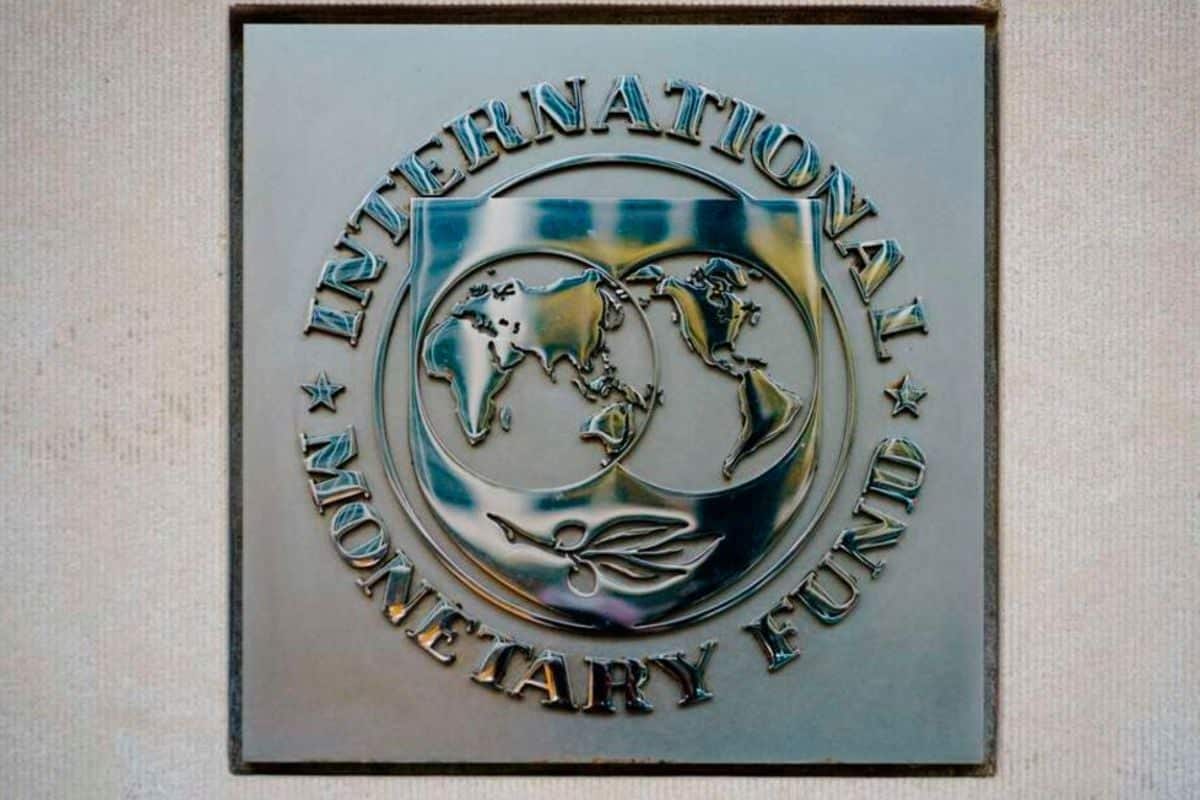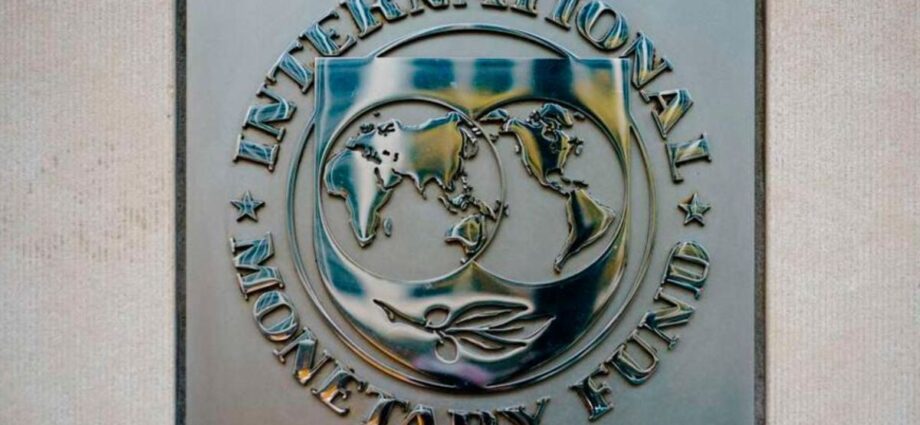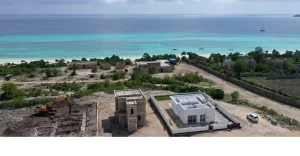
Tanzania has been named as the second beneficiary, after Madagascar, of a joint initiative launched by the World Bank and International Monetary Fund (IMF) to support efforts to address climate change.
The two Bretton Woods institutions said on October 10 that Tanzania’s inclusion in their Enhanced Cooperation Framework for Climate Action was based on an IMF Resilience and Sustainability Facility (RSF) arrangement for the country that was approved in June and the World Bank’s ongoing engagement with Dodoma on climate action programmes.
They said through the framework, the IMF and World Bank would work with other development partners to support Tanzania’s agenda to build its resilience against the risks and challenges posed by climate change to its social and economic growth.
“This will be done through an integrated, country-led approach to policy reforms and public and private climate investments, including through complementary and well-sequenced reform measures.”
Areas of focus will include climate-resilient public financial management; energy, water and other reforms; disaster risk management and social protection; and supervision of financial sector climate-related risks.
“The IMF will back the introduction of climate resilient public investment regulations and reporting, while the World Bank Group will focus on supporting sectors that help strengthen Tanzania’s resilience to climate change, such as energy, water, social protection, and agriculture.”
The IMF-World Bank Enhanced Cooperation Framework for Climate Action was launched in Washington DC on May 31 this year to help countries scale up action to confront the threat of global climate change.
Madagascar was endorsed as the first beneficiary on June 21.”Within their respective mandates, the World Bank Group and IMF will leverage their analytics, technical assistance, financing, and policy expertise to enhance country-driven climate strategies and reform programs,” they said in May.
The World Bank says it aims to start channelling 45 percent of its annual financing to climate change adaptation and mitigation by 2025.
The IMF, meanwhile, is deploying its Resilience and Sustainability Trust (RST) programme, which became operational in October 2022, for the same purpose of helping countries build resilience to climate change.














